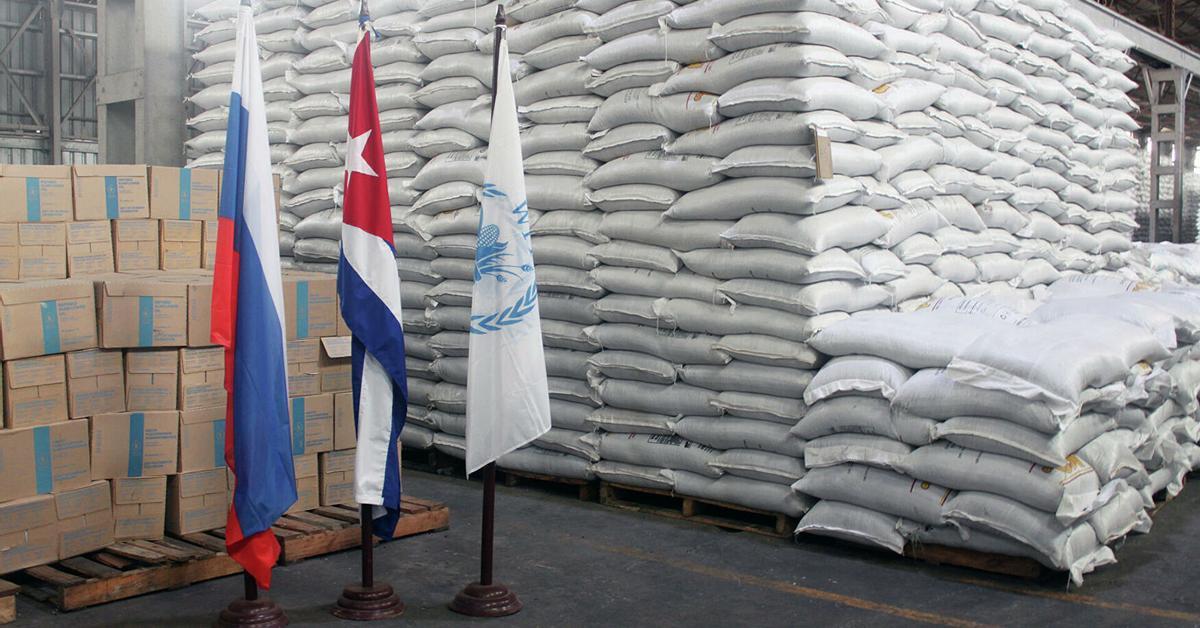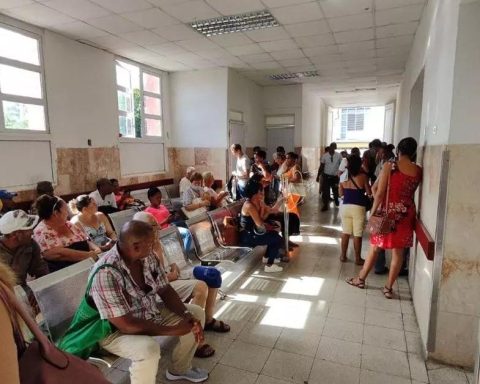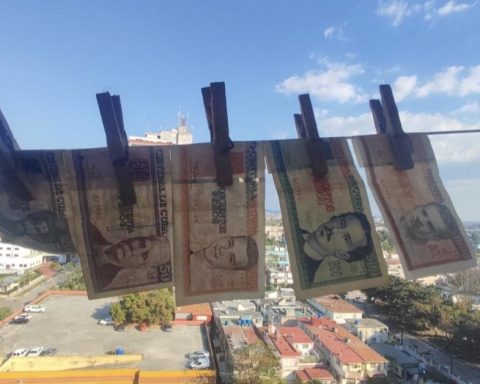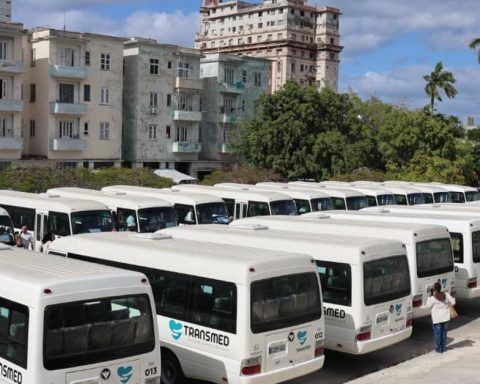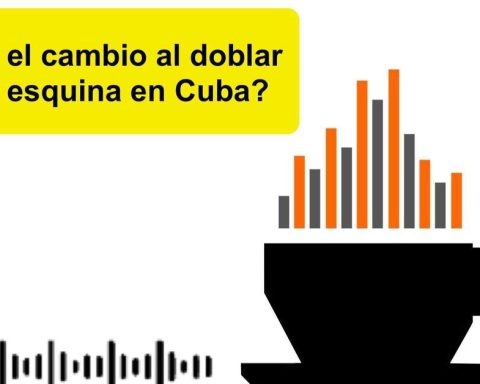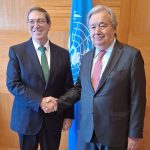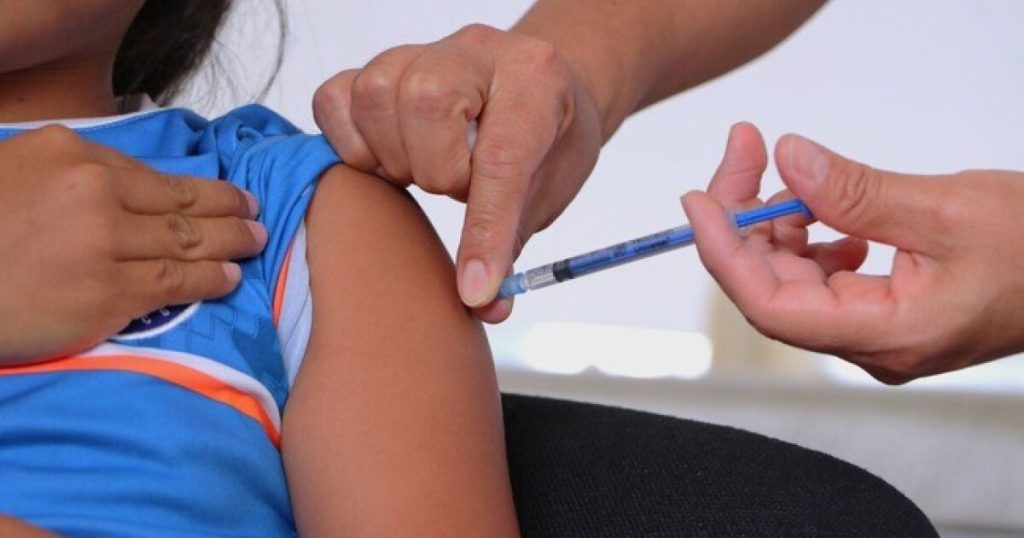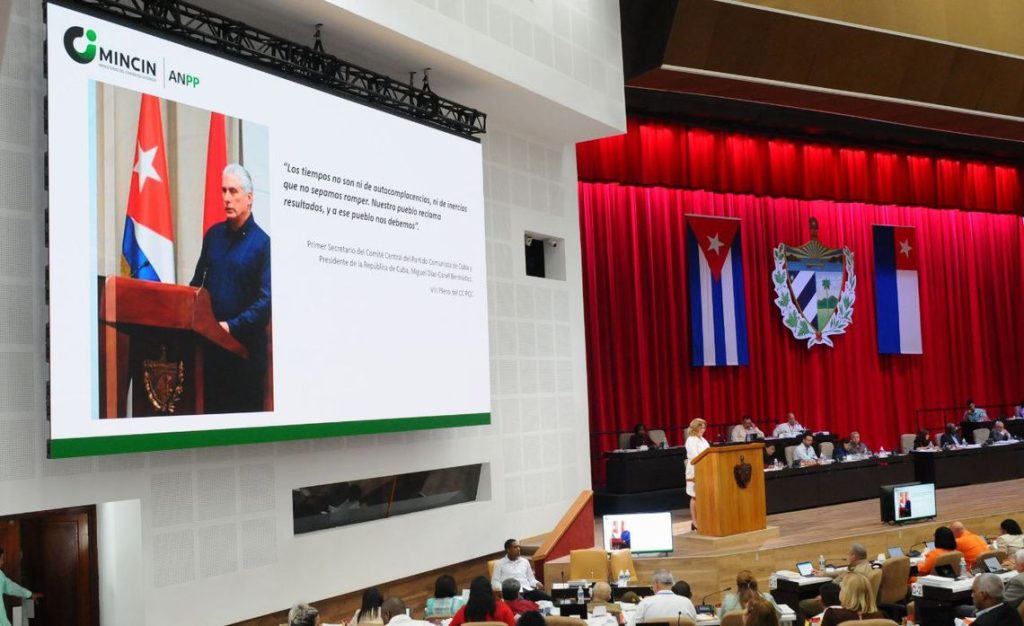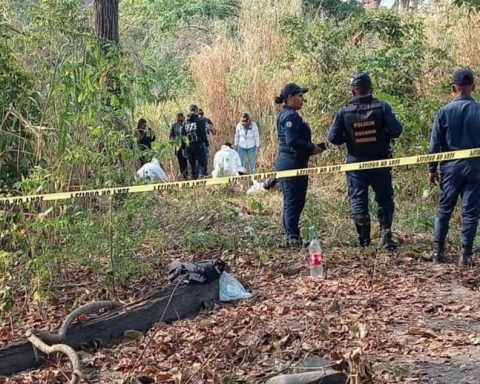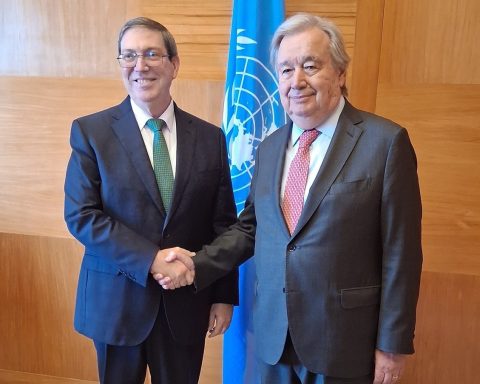City of Panama/The United Nations World Food Programme (WFP) has warned of the serious effects of the climate crisis on small islands and developing island states and has asked donors for more funds to anticipate the response to the rains and floods expected during the hurricane season that will begin next June in the Atlantic.
“The effects that we are seeing as a WFP are multiple. One is that the islands, with their very particular idiosyncrasies, are extremely affected by the climate crisis. That is, we have everything from rising sea levels to droughts and floods,” said Lola Castro, WFP’s regional director for Latin America and the Caribbean, in an interview with EFE in the Panamanian capital.
The consequences of climate change and how to address them are the central message that WFP will bring to the IV International Conference on Small Island Developing States (SIDS), which will take place from 27 to 30 May in Saint John, Antigua and Barbuda.
“The islands, with their very particular idiosyncrasy, are extremely affected by the climate crisis. That is, we have everything from rising sea levels to droughts and floods.”
SIDS comprise 37 UN member nations and 20 associate members of regional commissions occupying less than 0.5% of the world’s land area and are distributed across the Caribbean, Pacific, Atlantic, Indian and South China Seas.
Small islands and island states are facing the “effects of both the climate crisis, the post-Covid crisis and also the debt crisis,” which has several impacts, including high rates of food insecurity, Castro explained.
According to the WFP’s latest report on Food Security and Livelihoods in the Caribbean, there are nearly “3 million people in the small English- and Dutch-speaking islands of this area who are food insecure,” which represents “an improvement compared to last year,” said Castro.
But the figure of some 3 million people in food insecurity, that is, “those who cannot eat every day or have access to adequate food every day,” remains “very high, because it is 70% higher than before Covid,” said the regional director of the United Nations program.
“We have the largest islands, (with countries such as) the Dominican Republic, Cuba and Haiti (…) which also have fairly high levels of food insecurity. In Haiti, 50% of the population is food insecure and in the Dominican Republic we have 1.3 million people” in that situation, Castro explained.
Castro stressed that the WFP is involved in 22 Caribbean islands and territories, as well as in the Dominican Republic, Cuba and Haiti, working with governments to provide cash transfers, school meals and early warnings in the face of disaster risks, among other things.
For this reason, the Program requires funds of approximately 95 million dollars over the next six months to develop its actions in the small Caribbean islands, as well as in Cuba, the Dominican Republic and Haiti.
In the case of Haiti, “76 million dollars are needed for the next six months alone because, apart from having humanitarian activities, we also have school feeding activities there.”
In the case of Haiti, “76 million dollars are needed for the next six months alone because, apart from having humanitarian activities, we also have (there) school feeding activities, activities where we buy from local producers for use on the island itself,” explained the official.
“The important thing is that we have the money before all the shocks. We know that on June 1st one of the most active hurricane seasons begins; we have to be prepared and for that we need the money that we have to use to put the food in the different countries, warehouses, in advance. We need funds to be able to make the monetary transfers to assist and also to have stocks of non-food items,” said Castro.
The director acknowledged that the WFP has “some donors who work hard” with the organization “in early action,” including the United States, Germany and Canada, among “many other countries.”
“But it is never enough and that is the problem. We need much more resources at the moment to be able to replenish the food stocks of all the countries” where the WFP is present, he added.
